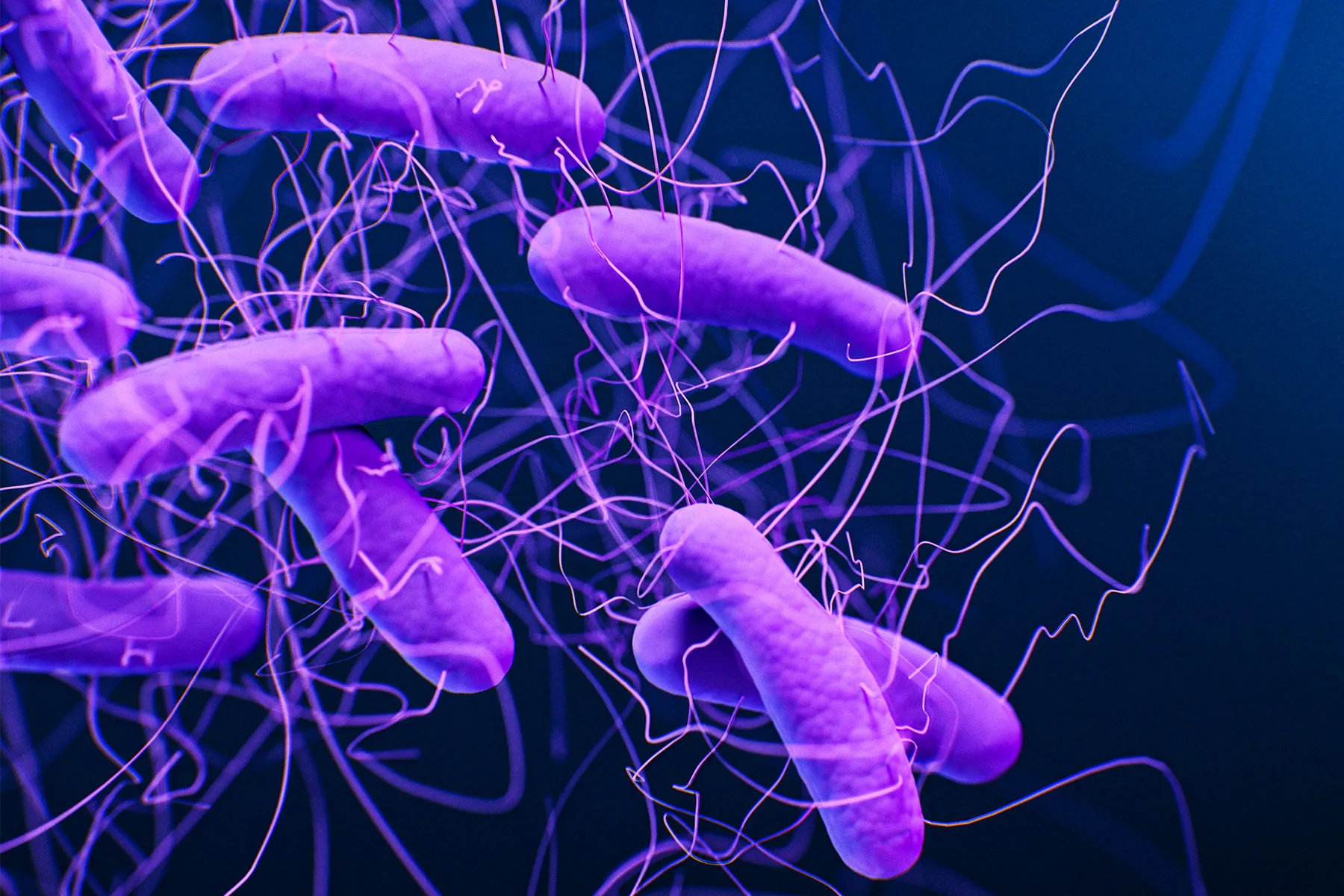
After Recovery, Now What?
So, you finally finish that last, bitter antibiotic pill. You’re starting to feel like a regular human again—maybe not ready for a marathon, but hey, not glued to the bathroom anymore. Trust me, I wish I could high-five you through the screen. But that victory lap comes with a weird question lurking in the background: am I still contagious? Can you safely hug your grandkids? Go back to your favorite coffee shop? Or are you basically an invisible germ grenade for weeks?
I’ve been in your shoes—confused, a little paranoid, and scrubbing my hands until my knuckles practically squeaked. Let’s break down, with zero scare tactics, what’s really happening, why C diff is so clingy, and what your real risks look like if you’re worried about how long is c diff contagious after treatment.
Contagious But… How Much?
You’re Feeling Better… But Are You in the Clear?
This is the million-dollar question, isn’t it? If I had a nickel for every time someone asked this after a tough infection… well, I could probably buy a year’s supply of hand soap. The honest answer: it depends.
Once your symptoms have stopped and you’ve been diarrhea-free for at least 48 hours, your risk of spreading C diff drops to “pretty low.” That means, officially, you can go back to work, school, social stuff—just live your life again (according to CDC research and echoed by the how long is c diff contagious after treatment guide).
There’s the catch… “pretty low” does not mean “zero.” I know, not exactly the ending we all want. Here’s why: those tough C diff spores stick around long after you feel okay, especially in your stool. (Super charming, I know.) They can survive on surfaces for months—think about that next time you grab a bathroom door handle… yikes.
Quick Table: When C Diff Is Most Contagious
| Stage | Contagious Level | What You Should Do |
|---|---|---|
| Active Symptoms | Very High | Stay home, isolate, disinfect like a superhero |
| 48 Hours Symptom-Free | Low (but not zero) | Resume life, but keep up strict handwashing |
| Weeks After Recovery | Very Low | Mention past infection to doctors, wash hands, watch for new symptoms |
Have you ever noticed that anxiety spike before meeting up with friends post-recovery? Been there. I spent days worrying I’d pass the bug along—even though, logically, I’d done all the right stuff. (More on why that’s totally normal…)
Sneaky Spores, Sneaky Risks
No Symptoms, Still Spread?
So you look fine, maybe even feel fine, but your gut is quietly harboring spores. If someone touches contaminated surfaces and then puts their hand near their mouth (or, let’s be honest, eats a potato chip with questionable technique), they could be at risk. Not trying to gross you out—just sharing why the pros say you can technically spread C diff even without symptoms (according to CDC).
Sound scary? It kind of is, but wait—common sense goes a long way here. This is where handwashing, actual soap-and-water handwashing, is your absolute best friend. Not alcohol-based sanitizers, because (surprise!) C diff laughs in the face of Purell. Wash your hands before eating, and especially after bathroom breaks. Do it like you’re prepping for surgery. (Okay, not really, but almost.)
Mini Compare: C Diff vs. Other Bugs
| Bacteria/Virus | Main Way It Spreads | How Long It Survives | Hand Sanitizer Works? |
|---|---|---|---|
| C diff | Stool, contaminated surfaces | Months (spores) | No, must wash with soap |
| Norovirus | Person-to-person, food, surfaces | Weeks | Sort of, but soap is better |
| Cold/Flu | Air, droplets | Hours | Usually yes |
One time, my nephew (age six) asked, “Can you get sick from a doorknob?” I giggled—then realized… yes, you absolutely can, especially with something like C diff. Sometimes kids have a point.
Panic Over Poop? What to Watch For
How Would You Even Know?
Okay, let’s be real. Sometimes, we all over-analyze what’s in the toilet bowl (don’t lie). After C diff, your new hobby might actually be inspecting your poop. And that’s not weird—it’s smart.
If you want the nitty-gritty, check out What does C diff poop look like for details that’ll make you feel like a microbiologist… or at least less in the dark about what’s coming out of you.
The biggies? Watery, extremely foul-smelling stools, sometimes with a yellowish tinge. That’s usually C diff’s signature. If your gut starts rebelling again (the classic diarrhea, especially combined with cramps or fever) after you’ve been symptom-free, flag it right away. About 1 in 9 people relapse in the first couple of months (as the CDC warns), and early action is everything.
What About Testing—Should You?
After finishing treatment, most guidelines say no retesting is needed unless symptoms revisit you. Even if tests show you still have C diff hanging around, it doesn’t mean you’re sick or contagious—just that spores are lurking (per CDC again, and echoed on the how long is c diff contagious after treatment blog).
Preventing a Repeat. Seriously, Let’s Not Go Through This Again
Common Sense Wins (But Bleach Might Too)
If you’ve ever disinfected your house so aggressively you made your dog suspicious… join the club. It’s not just a you thing. Here’s what actually matters:
- Wash your hands with soap and water—not sanitizer—after the bathroom and before food.
- Disinfect bathroom surfaces and high-touch areas with bleach-based cleaners. C diff spores are stubborn.
- Tell your doctors about your C diff history—every time. Even dentists and eye doctors.
- Avoid unnecessary antibiotics. Next cold? Maybe ride it out (with your doc’s blessing). Unneeded antibiotics are C diff’s favorite party starter.
- Don’t stress too much about every cough, but if your gut yells at you (especially if you see anything odd in the toilet) check what does C diff poop look like and call your provider.
There’s some research on how certain antibiotics are much riskier than others for triggering or recurring C diff, so if you ever get prescribed one—ask if there’s a gentler option. Kind of like not using a sledgehammer to crack a walnut (ask Harvard Health—doctors get it).
Bouncing Back—What Actually Helps?
Gut Reset: Fiber, Probiotics, and… Time
Here’s the kicker: even after you’ve done your time, C diff changes your gut. It shakes up your microbiome—the “good guy” bacteria that keep you healthy. Some people swear by probiotic yogurt or even fiber shakes to gently rebuild. Others need more hardcore help, like a fecal transplant (yup, it’s a thing), especially for stubborn, repeat attacks (find out more in CDC’s handy guide).
If you’re looking for baby steps back to normal eating, think easy: bananas, toast, plain rice at first. Gradually bring in fiber-rich foods (oatmeal gets my vote) as your gut settles. Be kind to yourself. I lost five pounds and aged about ten years in a week. Your body’s been through a war—you deserve gentle.
Sample Meal Ideas for Recovery
| Meal | Gut Benefit | Pro Tip |
|---|---|---|
| Oatmeal with banana | Easy fiber, gentle start | Add a spoon of yogurt for probiotics |
| Chicken & rice soup | Hydrating and bland | Skip spicy stuff for now |
| Veggie mash (sweet potato, carrots) | Slow, steady fiber | Butter? Yes. Pepper? Wait a week. |
Final Thoughts: You’ve Got This
Whew, we’ve covered a lot, yeah? So let’s put all the medical mumbo-jumbo aside for a second. Here’s the real-deal: after treatment, you’re mostly not contagious once diarrhea is gone for 48 hours—just keep fighting those spores with handwashing and honest conversations with your care team. But as anyone who’s been there knows, C diff can make you a little extra-paranoid, a little extra-vigilant, forever.
But that’s not a bad thing. You’re protecting your family, your friends, and yourself. You’re learning to advocate for your own health. (And hey, maybe you’re now the handwashing champion of all your group texts.)
If there’s one thing you remember: don’t go through this alone. Reach out. Ask questions. Share your weirdest “is this normal?” moments—especially when it comes to what’s in the bowl. You might just help someone else recognize a problem before it gets worse. If you’re still not sure how long is c diff contagious after treatment, or what does C diff poop look like, those links will give you the (visual) scoop. Give yourself grace, stock up on hand soap, and know that you are way more than some stubborn gut bugs.
Your story’s worth sharing. Who knows—maybe next flu season, you are the one giving the good advice. Stay hopeful, stay clean, and keep checking in. This mess? You’re coming out the other side.

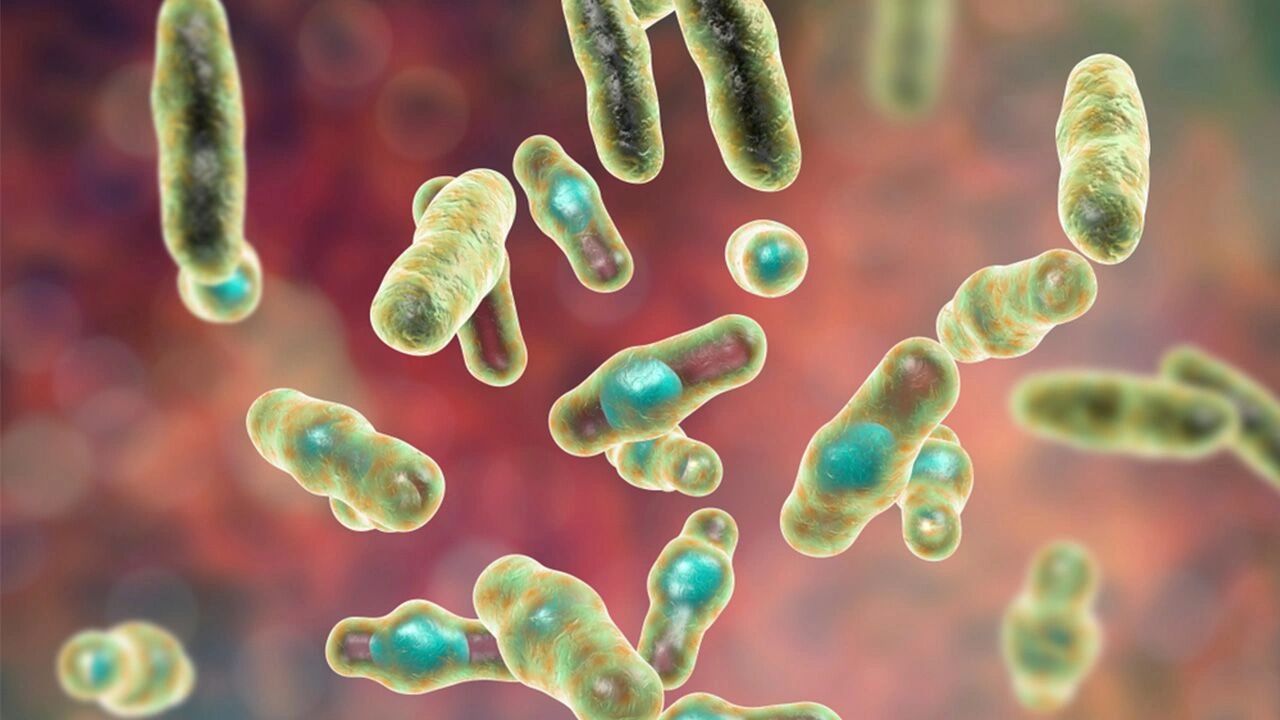



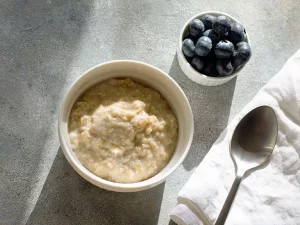
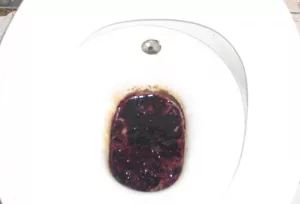

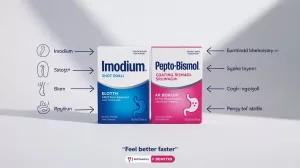


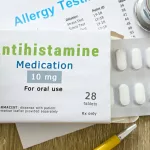



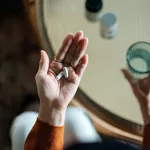









Leave a Reply
You must be logged in to post a comment.